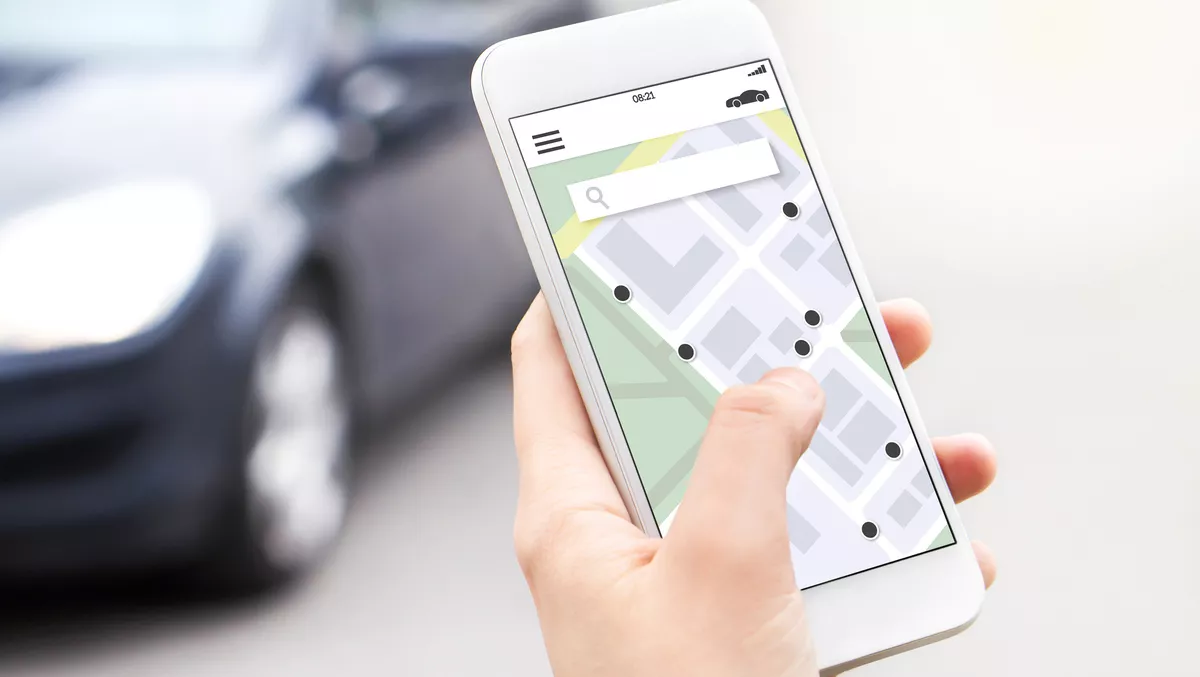
Study: Rideshare apps hungry for customers personal data
Data has revealed the most data-hungry rideshare apps on the market, along with other surprising results around their safety and reliability.
As rideshare usage has significantly increased, so have concerns around data gathering and the amount of information that companies are minging from their customers.
Research teams at Surfshark took data from 30 ride-hailing apps from the Apple Store and compared the way that they collected their customer data. From this, they formed a "Data Sensitivity Index", which was collated into points relating to specific categories.
One point was given for data that is not linked to a user's identity, two points were collected for data possibly linked to identity and three were given for definitive data being tracked.
Singapore based GrabTaxi came out on top of the index, with a massive 114 points of data collection. Uber took third place at 80 points and was also revealed to be the most popular in New Zealand. Both Uber and Lyft were found to collect sensitive user information, such as sexual orientation, pregnancy, childbirth information, religious, political and philosophical beliefs and biometric data and genetic information.
Bike rideshare Rapido was found to have collected the least amount of information from its customers, with a total score of six. They only collected their user's name, phone number, and location. Other big players such as Ola and Lyft sat close to the top but around the same range, with 52 and 47 respectively.
When looking at the overall picture, ride-hailing apps on average collected 14 data points per user, with 30% of them using this data for "Third-Party advertising".
App's were usually found to share the device and user ID, product interaction information, and precise location with third parties. Most data-hungry apps were said to additionally use contact and payment information, users content, and other user data for third-party marketing purposes.
Surfshark CEO Vytautas Kaziukonis says that consumers tend to disregard their data privacy when it comes to rideshares, choosing convenience and comfort over data.
"Many people today are willing to trade privacy for comfort and share their personal information in exchange for a service. By doing so, people leave digital footprints everywhere they go, including their personal details, physical addresses, and even the links they click on.
"Moreover, some apps share users' personal information with third parties for marketing purposes. For instance, our study shows that 9 out of 30 analysed ride-hailing apps use collected data for "Third-Party advertising."


